Course Content
Module One: Introduction to Computer Science
-
Definition of Computers
03:20 -
Generations of Computers
03:09 -
Components of a Computer System
06:42 -
Types of Computers
03:05 -
Characteristic of a Computer
05:23 -
Role of Computers in Modern Society
06:43 -
Overview of Computers
Module Two: Hardware and Software Fundamentals
Module Three: IT Project Management
Module Four: Systems Development and Database Development
Module Five: Software Security Foundations
Module Six: Linear Algebra Algorithms
Module Seven: Foundations of Web and App Design
Module Eight: Big Data and Data Analysis
Module Nine: Programming foundation and Computing
Module Ten: Cloud Virtualization
Module Eleven: Computer Graphics
Module Twelve: Web Development and Management
Module Twelve: Web Development and Management
Module Thirteen: Programming II
Module Fourteen: Network Administration and Security
Module Fifteen: Systems Analysis and Designing
Module Sixteen: Computers and Intelligence Tools
Module Seventeen: Algorithms and Data Structures
Module Eighteen: Programming III
Module Nineteen: Mobile App Development
Module Twenty: Artificial Intelligence and Machine Learning
Module Twenty One: Internet of Things and Social Settings
Module Twenty Two: Computer Troubleshooting and Modern Technologies
Module Twenty Three: Database Management
Module Twenty Four: Data Science Fundamentals
Module Twenty Five: Linear Algebra
Module Twenty Six: Communication Skills
Module Twenty Seven: Project/Practicum
Student Ratings & Reviews

No Review Yet
